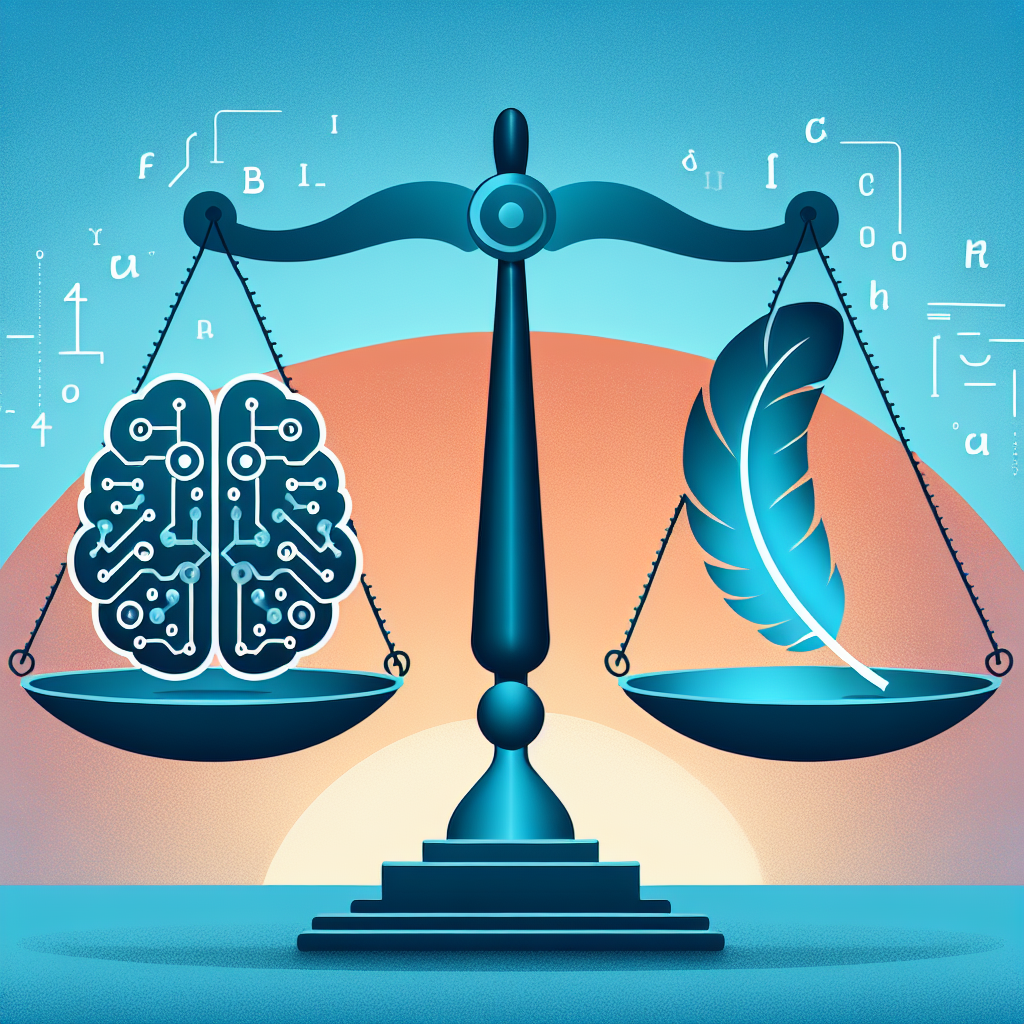Introduction
Artificial General Intelligence (AGI) is a rapidly advancing field that holds the potential to revolutionize society in ways we can hardly imagine. As we move closer to the development of machines with human-like intelligence, it is crucial to consider the ethical implications of such technology. In this article, we will explore some of the key ethical considerations that must be taken into account in the development of AGI.
Ethical Considerations in the Development of AGI
1. Control and Autonomy: One of the major concerns surrounding AGI is the issue of control and autonomy. As machines become more intelligent, there is a risk that they may surpass human intelligence and become autonomous agents capable of making decisions without human intervention. This raises questions about who should have control over AGI systems and how we can ensure that they act in accordance with human values and ethics.
2. Bias and Discrimination: Another important ethical consideration is the potential for AGI systems to perpetuate and even amplify existing biases and discrimination. If the data used to train AGI models is biased, the resulting algorithms may produce biased outcomes, leading to unfair treatment of certain groups of people. It is crucial to address these issues and ensure that AGI systems are designed and trained in a way that promotes fairness and equality.
3. Privacy and Security: The development of AGI raises significant concerns about privacy and security. As machines become more intelligent, they may have access to vast amounts of personal data, raising questions about how this data should be protected and who should have access to it. There is also the risk of malicious actors using AGI systems to carry out cyberattacks or other harmful activities, highlighting the need for robust security measures.
4. Accountability and Liability: Another ethical consideration in the development of AGI is the question of accountability and liability. If an AGI system causes harm or behaves in an unethical manner, who should be held responsible? Should it be the developers, the users, or the machines themselves? These are complex questions that must be addressed to ensure that AGI systems are developed and used in a responsible manner.
5. Transparency and Explainability: Finally, transparency and explainability are essential ethical considerations in the development of AGI. As machines become more intelligent, it may become increasingly difficult to understand how they make decisions and why they behave in a certain way. It is important to ensure that AGI systems are transparent and explainable, so that users can trust them and hold them accountable for their actions.
FAQs
Q: Will AGI systems be able to experience emotions?
A: While AGI systems may be able to simulate emotions, it is unlikely that they will be able to truly experience emotions in the way that humans do. Emotions are complex psychological phenomena that are deeply rooted in human biology and consciousness.
Q: How can we ensure that AGI systems are developed and used in an ethical manner?
A: There is no simple answer to this question, but some key principles that can guide the ethical development of AGI include transparency, accountability, fairness, and respect for human values and rights. It is essential for developers, policymakers, and society as a whole to work together to establish ethical guidelines and regulations for the development and use of AGI.
Q: What are some potential benefits of AGI?
A: AGI has the potential to bring about numerous benefits, such as improved efficiency and productivity, advancements in healthcare and education, and the ability to tackle complex societal challenges. However, it is crucial to ensure that these benefits are realized in a way that is ethical and responsible.
Conclusion
As we continue to make strides in the development of AGI, it is essential to consider the ethical implications of this technology. By addressing key ethical considerations such as control and autonomy, bias and discrimination, privacy and security, accountability and liability, and transparency and explainability, we can ensure that AGI systems are developed and used in a way that promotes human values and ethics. It is important for developers, policymakers, and society as a whole to work together to establish ethical guidelines and regulations that guide the responsible development and use of AGI.

